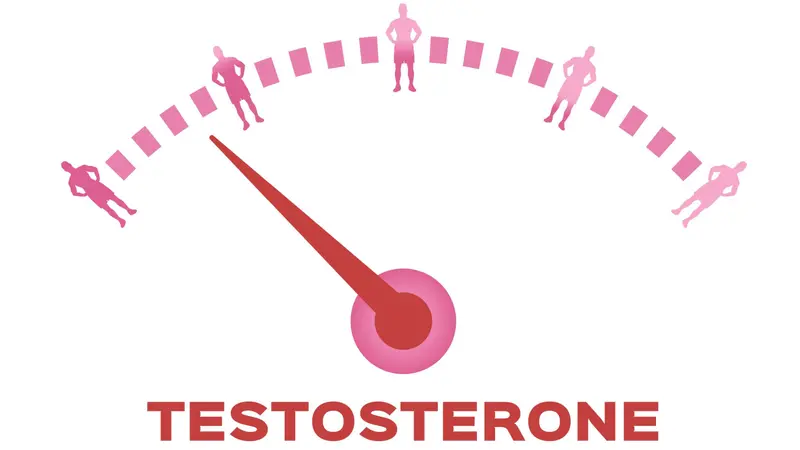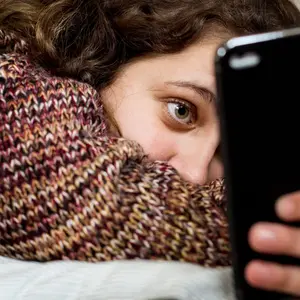Some may attribute a low sex drive, lower energy and overall fatigue to aging or depression—but for men, it may be low testosterone (hypogonadism).
Androgens are the hormones that give people their “male” and “female” characteristics, and testosterone is one of these hormones. Testosterone levels typically decrease naturally as we age, but they can also fluctuate for many reasons, including stress, lack of sleep, dietary changes, aging, and increased or decreased physical activity. Studies show that these fluctuations can impact mood; if testosterone levels are too high, you may be irritable or quick to anger, and if levels are too low, you may feel exhausted, depressed, weak, or low in energy.
Urologist Dr. Lawrence Hakim explains the connection between low testosterone and mood: “People with hypogonadism, or low testosterone, will often say they have no energy, no desire for sexual activity and that they noticed a decrease in muscle mass. In fact, hypogonadism is often associated with increased fat mass and reduced muscle mass, which can lead to obesity and other health risks, including cardiovascular disease.”
Signs and symptoms of low testosterone can include:
- Irritability
- Mood swings
- Decreased libido
- Fatigue
- Lack of motivation
- Social withdrawal
- Anxiety
- Difficulty focusing
- Interrupted sleep and restlessness
- Decrease in muscle mass
- Increase in breast tissue
- Loss of strength
- Sudden weight gain
- Erectile dysfunction
According to Dr. Hakim, “Sometimes, people are actually misdiagnosed with clinical depression and they might instead have low testosterone or hypogonadism. It is therefore important to rule-out a physical cause of the condition, such as hypogonadism, prior to treatment.
“If you come in to see your doctor with any of these symptoms, especially if you have some form of sexual dysfunction, it is important to evaluate your total and free testosterone levels, since hypogonadism may be the underlying cause.”
There are many effective treatments to restore testosterone levels if they are abnormally low.
However, “Many of these symptoms, especially as men get older, can be due to other factors such as stress, anxiety, pressure, work, aging, relationship issues and even other medications,” says Dr. Hakim. “Ultimately, a multispecialty approach is important to assure the best outcomes and patient satisfaction.”






 By
By








